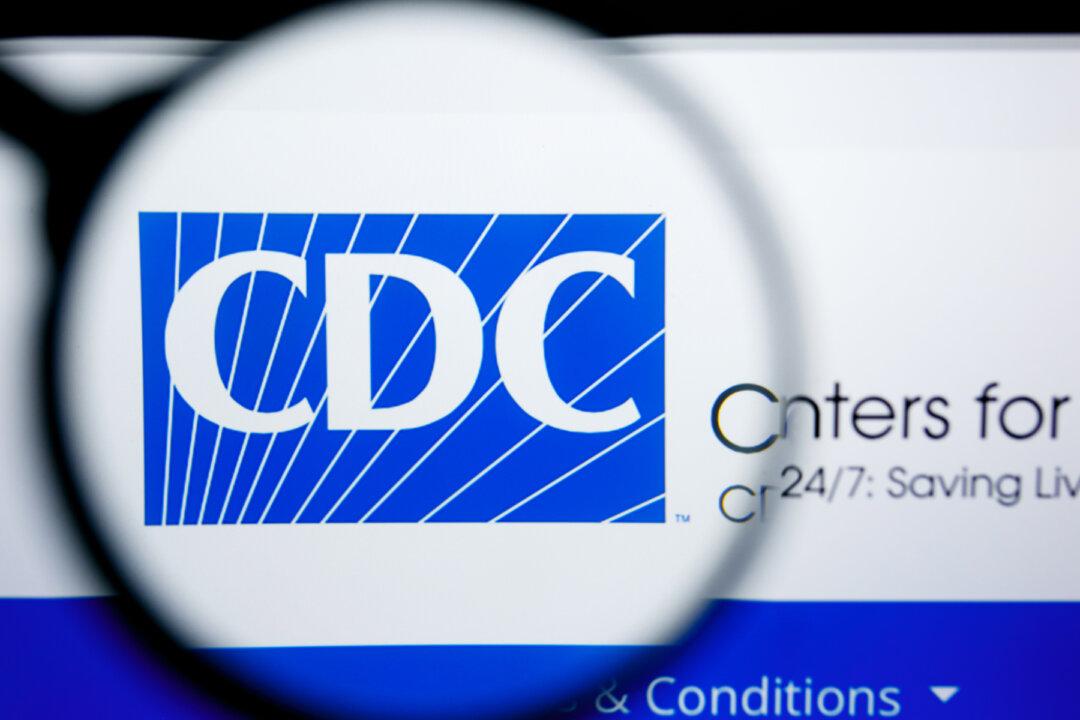U.S. health officials are concerned about the pace monkeypox is “developing worldwide” and said they will launch an awareness effort targeting gay and bisexual men and their health care providers ahead of Pride Month starting next week.
This comes as 200 Massachusetts health care workers are being monitored as contacts of the man who was the first confirmed U.S. monkeypox case.






